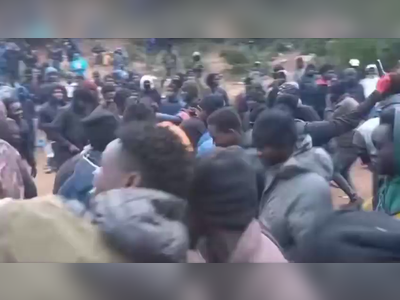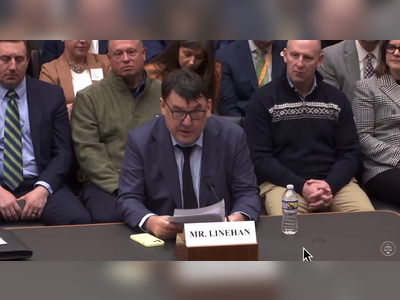MOL Reaches Agreement for Non-Russian Oil Supply
MOL, the Hungarian oil company, has entered into an oil transport and storage agreement with Janaf, the Croatian crude oil pipeline operator, according to information from Bloomberg and reported by vg.hu.
Under the terms of the deal running until the end of 2024, Janaf will deliver 2.2 million tonnes of crude oil to MOL. The agreement also includes the storage of 79,385 cubic meters of crude oil at the Omisalj terminal on the island of Krk and an additional 70,000 cubic meters at the terminal in Sisak.
While the financial details of the contract have not been disclosed, MOL has indicated that the transportation costs will be several times the market price.
The dispute between Janaf and MOL has been ongoing since 2023, with MOL accusing the Croatian pipeline operator of exploiting its situation and charging excessively high prices for transportation. Janaf has rejected these claims, asserting that it employs a regulated methodology for calculating transportation fees that ensures fair treatment for all users based on their share in the pipeline, a fact that they claim MOL is well aware of.
This agreement is particularly significant for MOL given its limited options for crude oil supply. The company's refineries in Százhalombatta, Hungary, and Bratislava, Slovakia, rely on the Janaf-operated Adria pipeline for their oil supply, in addition to the Russian Druzhba pipeline. Under the terms of the EU oil embargo, while Eastern European refineries are permitted to process Russian oil, the resultant products can only be sold domestically. Exports are only allowed for products made from oil acquired from alternative sources, necessitating MOL to secure oil from other suppliers.
Moreover, the issue of transit fees is a critical concern for MOL as the Hungarian government, led by Minister of National Economy Márton Nagy, exerts what has been described as coercive pressure on fuel traders to lower retail prices, making the need for an affordable and reliable oil supply even more pressing for the Hungarian oil giant amidst these challenging economic measures.
While the financial details of the contract have not been disclosed, MOL has indicated that the transportation costs will be several times the market price.
The dispute between Janaf and MOL has been ongoing since 2023, with MOL accusing the Croatian pipeline operator of exploiting its situation and charging excessively high prices for transportation. Janaf has rejected these claims, asserting that it employs a regulated methodology for calculating transportation fees that ensures fair treatment for all users based on their share in the pipeline, a fact that they claim MOL is well aware of.
This agreement is particularly significant for MOL given its limited options for crude oil supply. The company's refineries in Százhalombatta, Hungary, and Bratislava, Slovakia, rely on the Janaf-operated Adria pipeline for their oil supply, in addition to the Russian Druzhba pipeline. Under the terms of the EU oil embargo, while Eastern European refineries are permitted to process Russian oil, the resultant products can only be sold domestically. Exports are only allowed for products made from oil acquired from alternative sources, necessitating MOL to secure oil from other suppliers.
Moreover, the issue of transit fees is a critical concern for MOL as the Hungarian government, led by Minister of National Economy Márton Nagy, exerts what has been described as coercive pressure on fuel traders to lower retail prices, making the need for an affordable and reliable oil supply even more pressing for the Hungarian oil giant amidst these challenging economic measures.
Translation:
Translated by AI
AI Disclaimer: An advanced artificial intelligence (AI) system generated the content of this page on its own. This innovative technology conducts extensive research from a variety of reliable sources, performs rigorous fact-checking and verification, cleans up and balances biased or manipulated content, and presents a minimal factual summary that is just enough yet essential for you to function as an informed and educated citizen. Please keep in mind, however, that this system is an evolving technology, and as a result, the article may contain accidental inaccuracies or errors. We urge you to help us improve our site by reporting any inaccuracies you find using the "Contact Us" link at the bottom of this page. Your helpful feedback helps us improve our system and deliver more precise content. When you find an article of interest here, please look for the full and extensive coverage of this topic in traditional news sources, as they are written by professional journalists that we try to support, not replace. We appreciate your understanding and assistance.
















